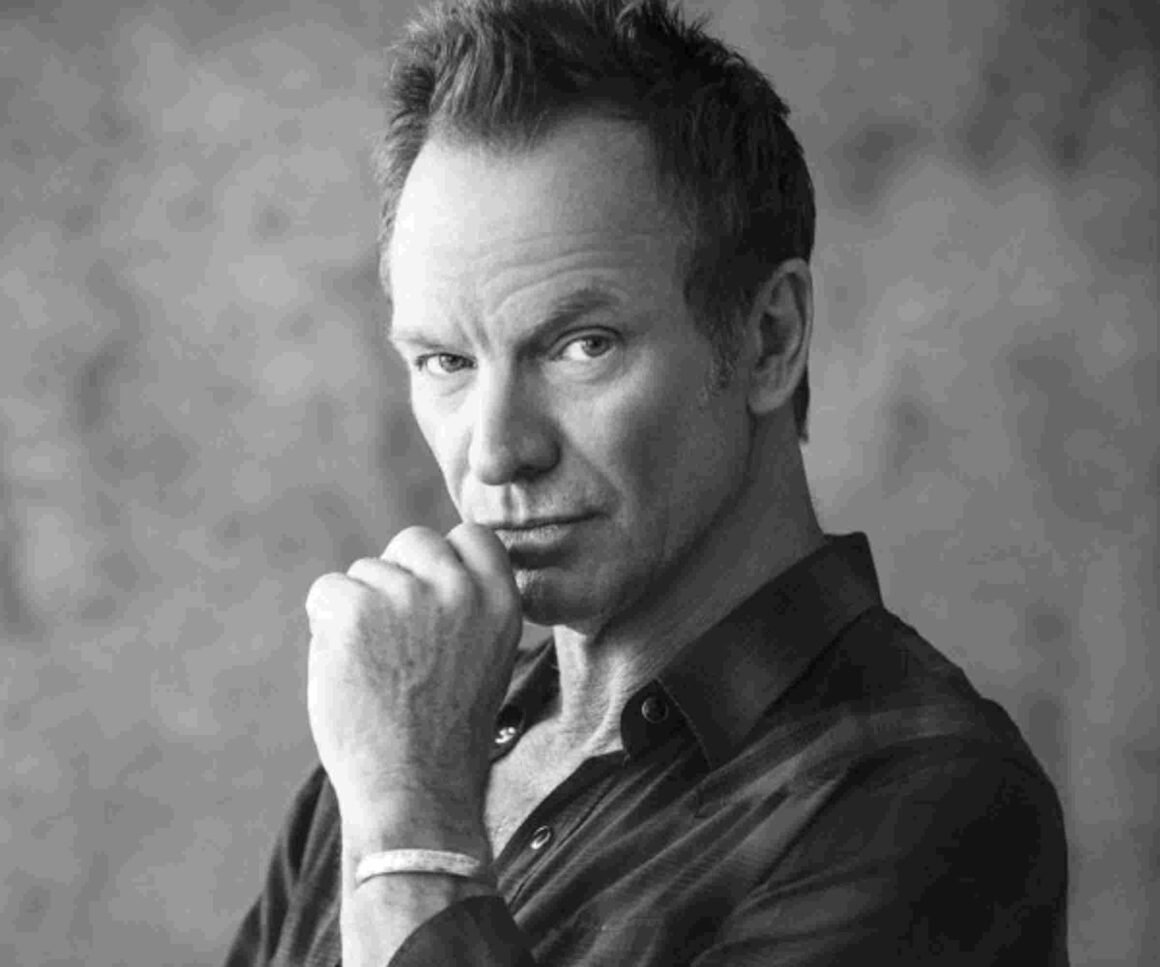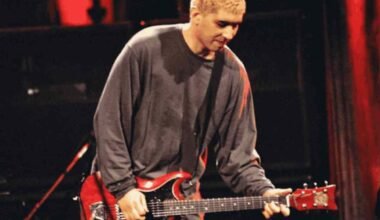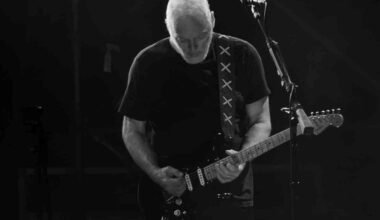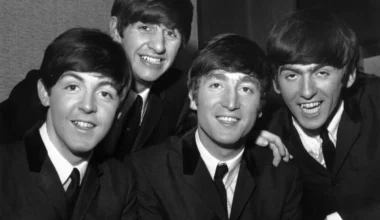Sting, the influential British musician and activist, was born on October 2, 1951, in Wallsend, Northumberland, England. Known initially as the frontman of The Police, Sting forged a path as a compelling singer and songwriter before embarking on a successful solo career following the band’s breakup in 1986. His distinct sound has evolved over time to incorporate elements from rock, jazz, classical, and world music, creating a unique style that reflects a global and eclectic influence.
Among Sting’s most meaningful contributions, the song “Driven to Tears” stands out for its timeless resonance and sadly enduring relevance. Written in 1979 during a period of heightened social awareness, Sting was struck by television footage showing the suffering and malnutrition affecting children around the world.
His exposure to poverty and social injustices through extensive international tours with The Police further fueled his determination to speak out against such issues. The song confronts listeners with a stark view of the world’s ills, asking difficult questions about the bystander’s role in the face of such atrocities.
Sting, born Gordon Sumner, originally set out to become a teacher but found his passion in music as a self-taught musician. He spent countless hours in local clubs, where he acquired his famous nickname, “Sting.”
In 1977, he moved to London, where he would ultimately join forces with musicians Stewart Copeland and Andy Summers to form The Police. The band quickly reached unprecedented levels of success, but their time together was short-lived, disbanding just as they were peaking in popularity and acclaim.
Sting wrote “Driven to Tears” while The Police were on their second American tour, marking it as the only song he completed on the road. Composed in a motel room, the song came to him suddenly, prompting him to put his raw feelings on paper.
“Driven to Tears” challenges listeners to confront the sorrow in the world, lyrically depicting the helplessness and guilt that can accompany such awareness, as Sting asks, “What are you left with when you’re faced with atrocities? All you can do is cry.”
Beyond music, Sting channels his activism into tangible efforts. He co-founded The Rainforest Foundation with his wife, Trudie Styler, with the mission of fighting deforestation in South America. Supporting organizations like Amnesty International, Oxfam, and the Red Cross, Sting uses both his music and his platform to promote meaningful change. Benefit concerts, like Live Aid in 1985, where he performed “Driven to Tears,” allowed him to use his music to highlight urgent issues like child hunger.
“Driven to Tears,” featured on the album Zenyatta Mondatta, was initially performed live in 1980 and later played at Live Aid, a globally broadcast benefit organized by Bob Geldof to address global child starvation. While it was never released as a single, its impact was profound, appearing again on Sting’s solo album Bring on the Night, released in 1986.
In a previous interview, members of The Police reflected on Zenyatta Mondatta as an experiment in commercialism. “We immersed ourselves into it, and it worked,” they shared with NME. With “Driven to Tears,” however, Sting and The Police explored a heavier message that remains impactful, underscoring the enduring power of socially conscious music.






